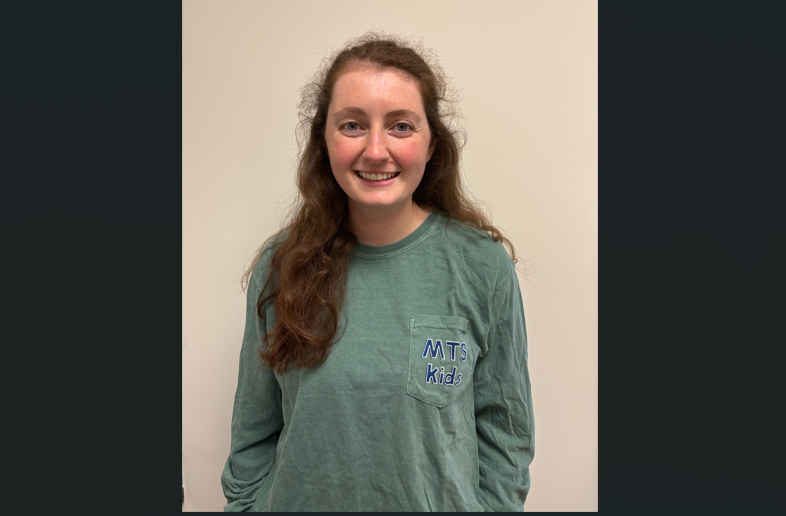What is Dysphagia?
Dysphagia is a swallowing disorder that is characterized by difficulty with processing movement of food/liquid and/or the disruption of typical swallow pattern at any of the various phases of swallowing. The process of a non-disordered swallow can be described as the coordinated sequence of muscle movements through the oral, pharyngeal, and esophageal phases to transport food and drink safely to the stomach.
Speech Language Pathologists are key providers for dysphagia assessment and treatment, and partners in a collaborative team to make necessary referrals for further treatment.
Signs/Symptoms
Common signs/symptoms of dysphagia include but are not limited to the following:
- Coughing/choking during or shortly after eating/drinking
- Changes in vocal quality following eating/drinking (e.g., wet sounding voice, hoarse voice, etc.)
- Ineffective chewing, increased time required to chew meal/food, spillage of food/drink outside of mouth.
- Frequent respiratory infections
- Difficulty with coordination of swallowing and breathing (e.g., unable to coordinate suck-swallow-breath patterns)
Dysphagia in Pediatrics
Dysphagia diagnosed in pediatrics may be a contributing factor to Pediatric Feeding Disorder (PFD) in infants and children. Deficits related to dysphagia may include difficulties with bottle/breast feeding, difficulty with transitioning to solid foods, and other factors such as reduced volume of food intake, decreased nutrition, and difficulty with weight gain.
Resources if you suspect dysphagia/PFD
Schedule a primary care visit with your child’s pediatrician to discuss any concerns regarding your child’s feeding and eating patterns. Request referral for a Feeding Evaluation to be completed by a qualified Speech Language Pathologist who has expertise in this area, or a multi-disciplinary feeding team.
Resources for Information on Pediatric Dysphagia and Pediatric Feeding Disorders:
- National Foundation of Swallowing Disorders: https://swallowingdisorderfoundation.com/
American Speech-Language-Hearing Association:
- Adult Dysphagia Page: https://www.asha.org/practice-portal/clinical-topics/adult-dysphagia/#collapse_2
- Pediatric Feeding and Swallowing page: https://www.asha.org/practice-portal/clinical-topics/pediatric-feeding-and-swallowing/#collapse_2
Feeding Matters: https://www.feedingmatters.org/?gad_source=1&gclid=CjwKCAiApsm7BhBZEiwAvIu2X-TLXN9Gn81fdcsritTQERaROa7MILp6miKREKbXSluiARqZTri9LRoCVtIQAvD_BwE#
Resources:
- American Speech-Language-Hearing Association. (n.d.). Adult Dysphagia. Retrieved December 26, 2024, from www.asha.org/Practice-Portal/Clinical-Topics/Adult-Dysphagia/.
- American Speech-Language-Hearing Association. (n.d.). Pediatric feeding and swallowing. Retrieved December 26, 2024, from https://www.asha.org/practice-portal/clinical-topics/pediatric-feeding-and-swallowing/
- Swigert, N. (n.d.). Swallowing disorders in Infants & Children. National Foundation of Swallowing Disorders. Retrieved December 26, 2024, from https://swallowingdisorderfoundation.com/pediatric-swallowing-disorders/




